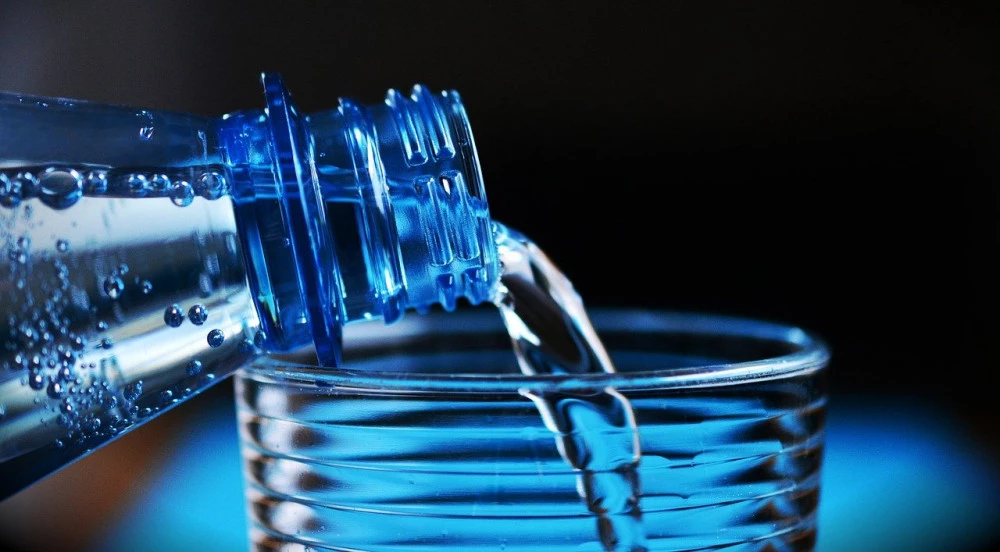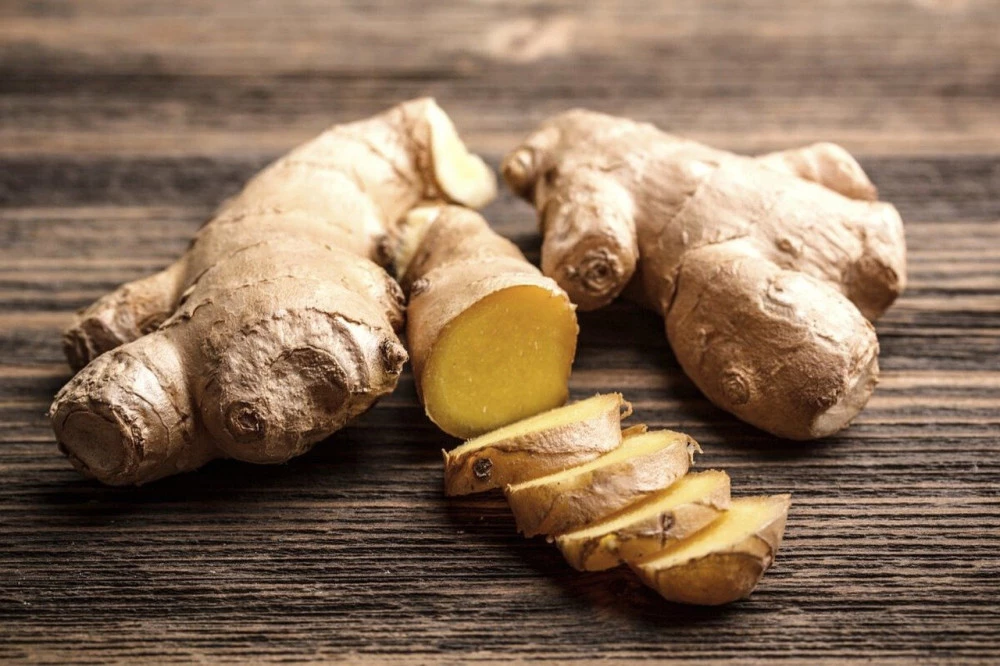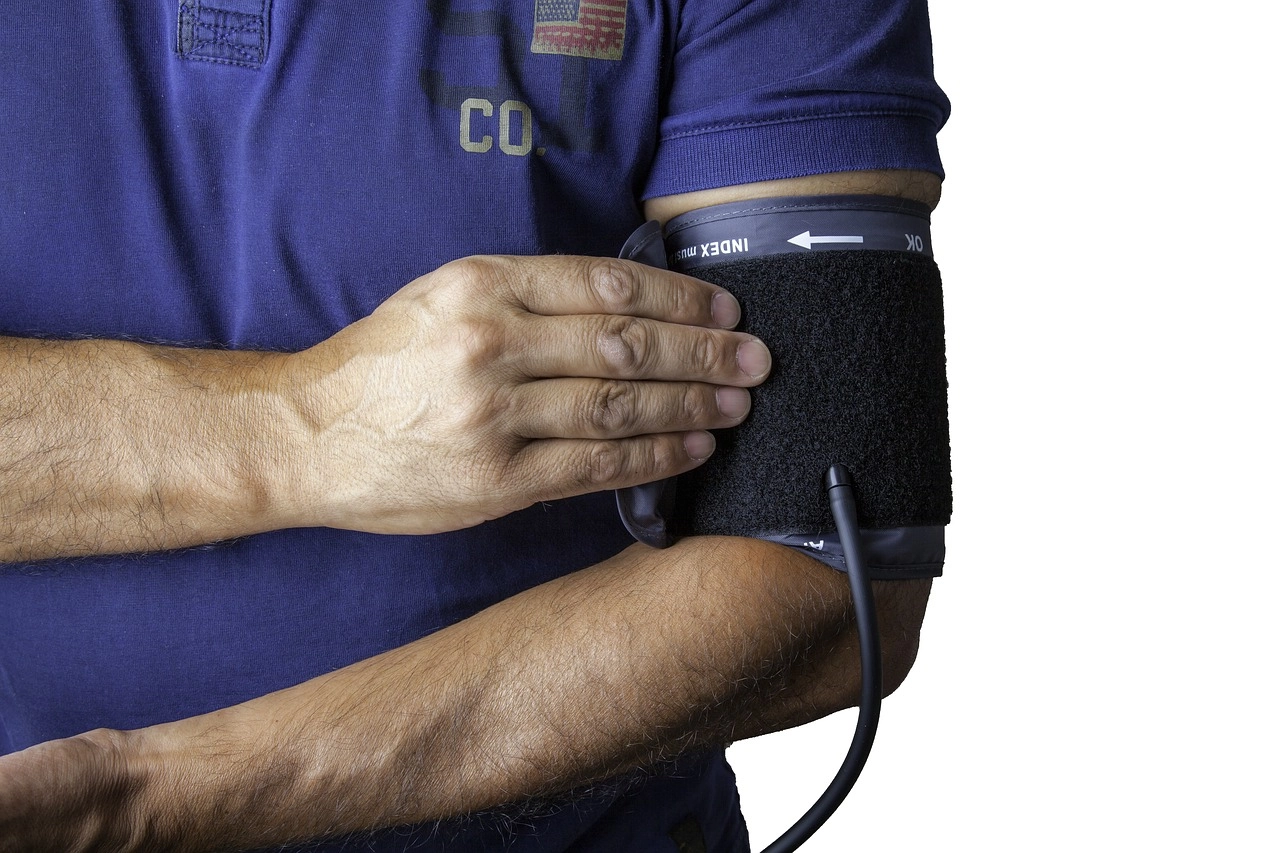5 Natural Ways to Lower Blood Pressure
High blood pressure or hypertension, also called the silent killer can cause heart attack, stroke, or kidney failure if left untreated. Fortunately, natural remedies are available to help lower your blood pressure naturally. These remedies not only help reduce your blood pressure, but they also have positive effects on your overall health, helping you avoid these dangerous conditions in the first place! Let’s take a look at how you can prevent high blood pressure naturally with these five simple methods.
1. Relax
Stress is a contributing factor for high blood pressure, so reducing stress is an important part of keeping your blood pressure in check. Developing strategies for lowering stress can help you remain calm under even difficult situations. Spending time relaxing each day and exercising are great ways to reduce your body’s response to stress, both of which can improve your health in general and lower your blood pressure. If your blood pressure remains elevated after implementing these lifestyle changes, speak with your doctor about possible medications that may be beneficial. If you have concerns about side effects or potential drug interactions, discuss them with your doctor before making any changes to your medication regimen.

2. Drink water
You probably know that drinking water is important for overall health, but it’s particularly beneficial when you have high blood pressure. In fact, one study showed that people who drank 2 cups of water before each meal lost an average of over 10 pounds in 16 weeks—and their blood pressure dropped significantly. Simply put: Drink lots of water and lose weight fast! It really is that simple. And there are so many other benefits to staying hydrated. Water helps your kidneys function properly; keeps your skin looking fresh and healthy; makes your digestion work more efficiently; reduces your risk of heart disease, kidney stones, diabetes, bladder cancer, breast cancer and colon cancer; flushes out toxins from your body; helps you maintain a healthy weight (which can reduce blood pressure); and much more.

3. Add magnesium
This essential mineral can be found in leafy greens, legumes, nuts and seeds. Adding these foods to your diet can help lower blood pressure. Studies have also shown that magnesium reduces risk of stroke and heart disease as well! If you aren’t getting enough through your diet, consider supplementing with a daily dose of 500 mg. Magnesium is an effective tool for supporting cardiovascular health and naturally lowering blood pressure. It’s important to note that magnesium can cause diarrhea when taken in large doses. Start by taking 200-400 mg per day and slowly increase if needed. Make sure to drink plenty of water along with your magnesium supplementation.
4. Avoid stress
High blood pressure is directly linked to stress, so it’s a good idea to make sure you have plenty of outlets for dealing with stress in your life. Sometimes people get stressed out about trying to lose weight, but it’s important not to let that stress overwhelm you. The first step is being aware of your stressors, and then coming up with ways to lower them; exercise helps many people de-stress in addition to helping maintain an ideal weight. Getting enough sleep can also help reduce stress levels.

5. Eat ginger
Ginger contains chemicals that relax muscles, including blood vessels. You can easily use ginger in a variety of ways—such as in cooking or even just sipping on tea made with fresh ginger—to naturally lower your blood pressure. If you’re looking for an extra boost, consider adding ginger supplements to your diet. Be sure to talk to your doctor before taking any supplements, however. It’s also important to note that some medications may interact negatively with ginger and cause side effects such as nausea and heartburn. For example, ginger supplements could possibly interfere with blood-thinning drugs like warfarin (Coumadin). So if you take warfarin, be sure to tell your doctor about all herbal remedies and nutritional supplements you’re using. Also discuss any changes in medication with your physician.



